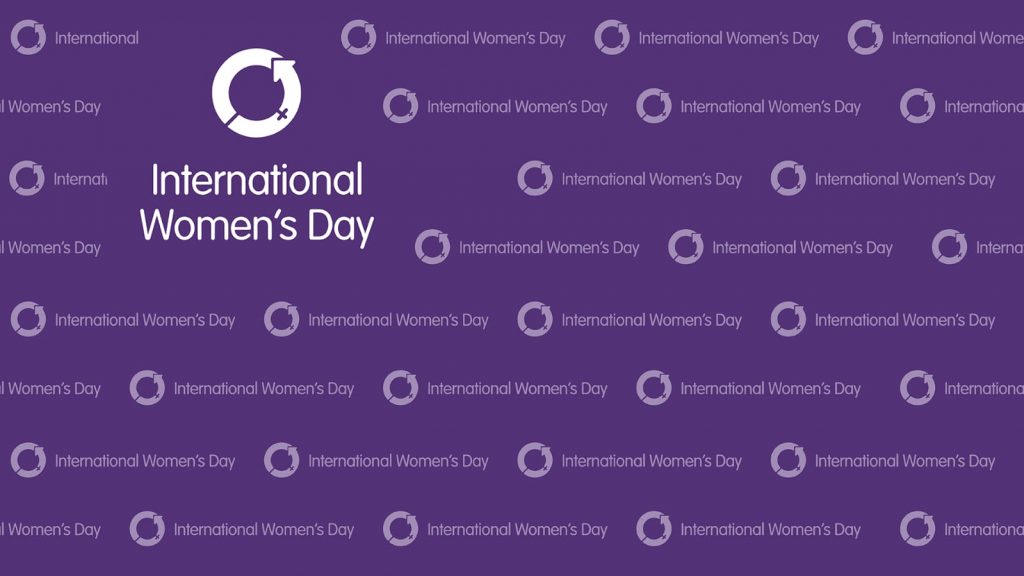International Women’s Day “Choose to Challenge”

What can we do to challenge the status quo across society, to ensure all women are valued, included, appreciated, supported, listened to and provided with equity?
As women, regarding the theme “choose to challenge” let’s begin with what we can control and that is to start challenging our own self talk, our inner critic, our self-limiting beliefs. As a training consultant, coach and mentor, I’ve witnessed firsthand how the ‘Imposter Syndrome’ plays a big part in stopping us from maximising our potential. This belief that we are not as competent as others perceive us to be. The feeling that at any moment we are going to be found out as a fraud and that we got where we are through luck. This can affect us no matter our status at work, qualifications, skill level or degree of expertise and at times keeps us stuck in a rut because it feels comfortable, safe.
So start with challenging the ways we hold ourselves back then start challenging what we see and hear around us. Talk openly about the issues, bring our voice to the table, share our experiences etc. Whether it is an inequitable situation we face in work, an inappropriate comment made or a generalisation that perpetuates and reinforces the unconscious bias and stereotypes around women and competence as leaders for example.
We can become more visible, speak up at meetings, influence the dialogue in the room and take on high-level visible assignments to showcase our skills and abilities. See the bigger picture, focus on our exposure and embrace networking.
We can clearly communicate our needs and wants with focus and intention. Share our ambitions and aspirations, ask lots of questions, put our hand up for stretch assignments and take ownership of our career development and believe we deserve it!
Organisations can help by assessing their workplace practices (for example around recruitment and promotion opportunities) to identify in what ways they are at risk of feeding into stereotypical gender bias. Provide training around the area of diversity and unconscious bias for all employees.
Provide women opportunities to be mentored in the workplace so that managers in positions of influence have visibility of high potential women and can champion them to progress in their careers. Behind the scenes support is valuable, however so is advocating for women in front of others. It demonstrates a belief in their skills and leadership abilities. Show support by encouraging women to apply for positions that stretch beyond their current roles and do what you can to help them to succeed in those roles.
Look for opportunities to provide constructive feedback to keep them motivated and focused. Be specific, “this is what you are doing well, here is where you need to invest more time and energy and here is how I will support you.” Develop Leaders as coaches to empower and enable women to fulfil their potential in the workplace.
What unique challenges are we currently facing as women, and what support do we need to overcome these?
I’m talking specifically about women in leadership and the challenges we face and this quote sums it up quite well for me, we are “Damned if you do, doomed if you don’t” and this refers to the double bind that women leaders experience that can potentially undermine their career advancement.
What do I mean by the double bind? Essentially as women we face the predicament of being evaluated against a “masculine” standard of leadership, no matter how we behave and perform as leaders. For example; as women we are often perceived as being too soft, caring and kind to be a strong leader yet when we demonstrate assertiveness or show ambition we are then seen as too tough and often disliked for the very same traits that society perceives makes a great leader in men. Women Leaders are unfairly perceived through the stereotypical lens of either being competent or likeable but rarely both. This bias is a unique challenge that women (not men) have to navigate in their careers when trying to reach the top.
Research shows that women leaders have to face higher competency standards than men. By that I mean on top of doing their job women have to prove that they can lead over and over again, as well as having to manage the stereotypical expectations.
Again organisations can help by putting objective measures in place for hiring, evaluating performance and assigning opportunities. Set standards in advance, if possible use gender blind evaluations when recruiting, have people explain their decisions on hiring, evaluations and peer reviews.
To enable women to get to the top, managers can help by not only focusing on skills but also build on bolstering aspiration and confidence in women. This attitude encourages women to believe more in themselves and show a willingness to progress when they know they have the support and encouragement of their managers. Women who make it to the very top will have had to persevere and overcome more obstacles to get there. “You have to be hungrier. You have to be more confident, show more commitment, more resilience and more momentum.” (Research by Bain & Company 2017)
This quote from Anita Sands resonates strongly with me “We only truly know we’ve reached gender equality whenever there are mediocre women at the top!”
On another note I feel that the pandemic has taken its toll on women and their careers more adversely than their male counterparts. While Studies have revealed that both men and women were shown to increase their time spent on childcare and household tasks during lockdown, women shoulder a disproportionately large part of that additional time. Childcare provision falls more heavily on women which results in finding it harder to concentrate and constrains their ability to work. I coach women who often show up with feelings of guilt because they feel a choice has to be made between work and family and this has been heightened during the past year.
Companies need to consider the differentiated needs of their employees. The issue is particularly important for women who remain underrepresented in leadership teams and are shouldering a higher burden of care for the wider family. Diverse teams are long proven to be more innovative, resilient and high performing. So the current pandemic is both a challenge and an opportunity to understand and address the differentiated needs of diverse teams. If companies succeed in doing so it will make teams stronger and more successful and women won’t be put in a position where they feel that the only way to cope/balance all these demands is to take on less responsibility at work and go for lower paid, less stressful roles.



Recent Comments